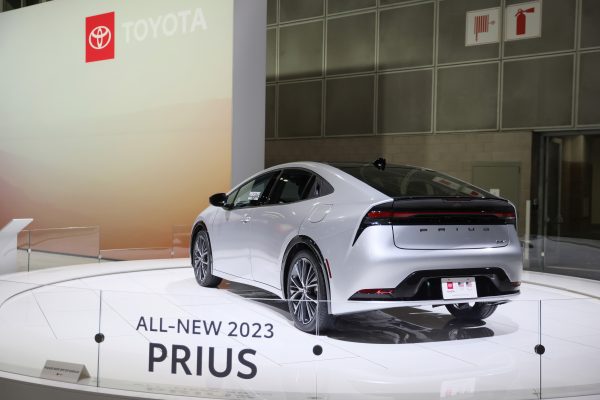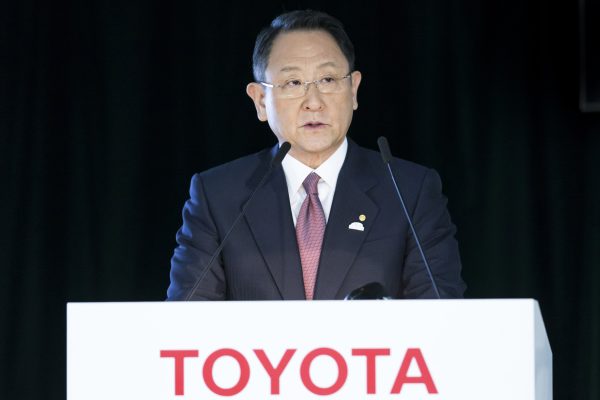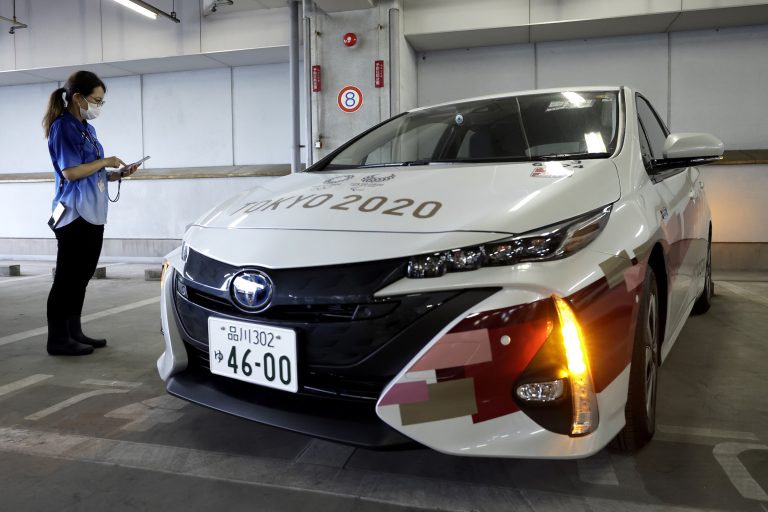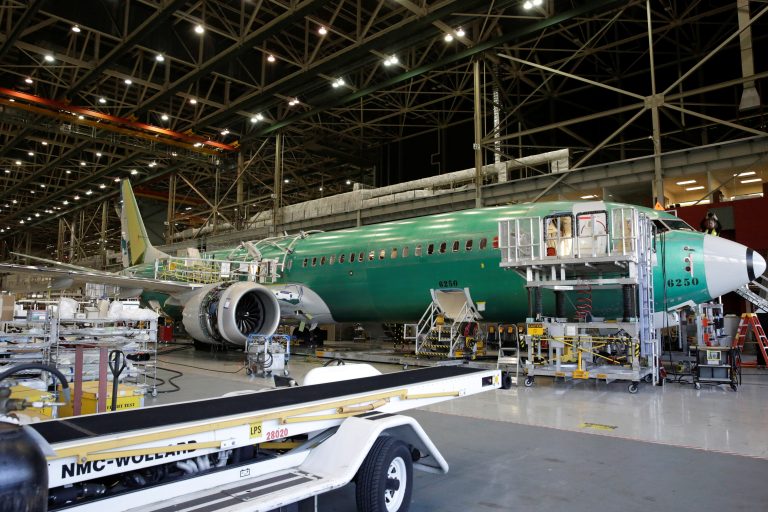The chairman and former CEO of Toyota Motor Corporation, Akio Toyoda, has reiterated his company’s reluctance to jump on the electric vehicle (EV) bandwagon, telling employees at a Q&A session that full-battery cars will never make up more than 30 percent of the auto market.
Toyoda, grandson of the Japanese auto giant’s founder Kiichiro Toyoda, addressed widespread concerns that Toyota is falling behind by refusing to orient itself around EV production.
He said that 1 billion people around the world still live without access to electricity, and that the power and infrastructure needed to keep EVs going is not available everywhere.
“Customers — not regulations or politics — should make that decision,” Toyoda said on Jan. 23, referring to the push from governments and NGOs for a complete switch from gas vehicles to EVs.
Toyota is the world’s biggest carmaker going by total sales. Yet just a small percentage of its sales are fully electric models; instead, the company has opted for hybrid versions of its usual brands, and in 2023 revamped its iconic Toyota Prius as a sporty — but expensive and hard-to-come-by — premium sedan.

Success
You are now signed up for our newsletter
Success
Check your email to complete sign up
Meanwhile, it has remained a proponent of research into and eventual popularization of hydrogen fuel cell technology, something the Japanese government has shown interest in backing. Despite this, Toyoda admitted that it was hard to “fight alone.”
- Toyota, Other Japanese Companies to Start Hydrogen Energy Investment Fund
- Hertz to Sell 20,000 Electric Vehicles, Invest in Gasoline Cars Instead
Hybrid vehicles combine a battery with a traditional internal combustion engine (ICE), which work together to achieve high fuel efficiency and longer gaps between refills. Regenerative breaking helps recharge the battery in this technology, which was rolled out in the late 1990s in the first-generation Prius and improved ever since.
Hydrogen fuel cells power a vehicle by hydrogen, an element that produces no pollution when burned. However, while hydrogen-powered vehicles are lighter than an EV equivalent, the fuel cells themselves remain large, hydrogen requires electricity to extract from water, and infrastructure is sorely lacking.

Reactions to Toyoda’s latest statements were mixed.
“Is Toyota’s chairman losing it?,” one headline by Electrek said, saying that the Toyota chairman’s prognostications ignored the strong EV markets of Norway and China, among others.
“Although Toyota was ahead of the pack with hybrids, its hesitation with EVs could set it up for failure. The automaker has one of the least developed supply chains for EVs,” the piece argues.
Meanwhile, a ZeroHedge piece argues that recent events somewhat support Toyoda’s stance.
“Recent market trends show a slump in EV demand, with used Tesla prices falling and companies like Ford adjusting their EV production strategies,” the piece notes.
Toyota has called for a “multi-pathway approach” to transitioning car fleets away from fossil fuels. Last October, Akio Toyoda said that people were “finally seeing [the] reality” that battery-powered cars are not necessarily a cure-all for ending carbon emissions.
That month, Honda and General Motors announced that they were scrapping a $5 billion plan to develop EVs together, while GM said that it was slowing its electrification strategy.
Demand for EVs has slowed, with 2023 demand rising by 49 percent versus 63 percent in 2022.
On Jan. 19, Ford announced that it would reduce production of its fully electric F-150 truck this April to “to achieve the optimal balance of production, sales growth and profitability.”













